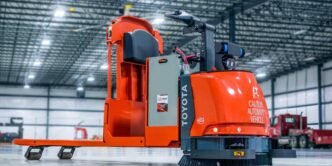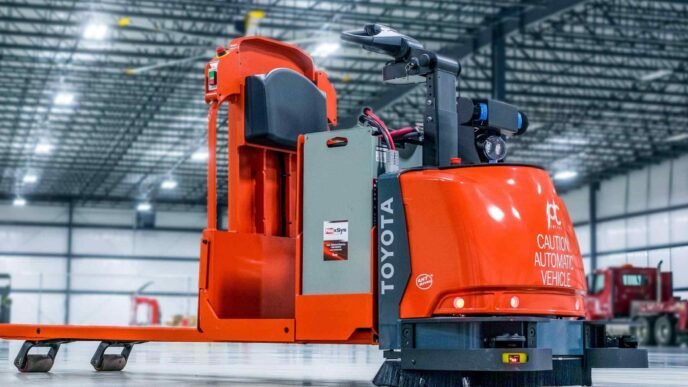China considers lifting tariffs on selected US products
China is considering exempting some U.S. imports from its 125% tariffs and is asking businesses to identify goods that could qualify, signaling its growing concern about the economic fallout from its trade war with Washington.
A Ministry of Commerce task force is gathering lists of items that could be exempted from tariffs and is requesting companies to submit their own requests, according to a source who spoke anonymously.
Financial news magazine Caijing reported on Friday, citing sources, that Beijing is preparing to include eight semiconductor-related items, excluding memory chips.
“The Chinese government, for example, has been asking our companies what sort of things are importing to China from the U.S. that you cannot find anywhere else and so would shut down your supply chain,” American Chamber of Commerce in China President Michael Hart said on Friday.
Hart added that some chamber members have imported goods in the past week without the new tariffs being applied.
A list of 131 product categories eligible for exemptions circulated widely on social media and among businesses and trade groups on Friday. could not verify the list, which included items ranging from vaccines and chemicals to jet engines.
While Beijing’s ultimate course of action remains unknown, Huatai Securities analyzed the list circulating in trade groups and found that it corresponded to $45 billion worth of imports from last year.
China’s customs department did not answer repeated phone calls, and both Customs and the Ministry of Commerce did not respond to faxed questions.
China’s customs department did not answer repeated phone calls, and both Customs and the Ministry of Commerce did not respond to faxed questions.
But beneath the bombast, China’s economy is entering the trade war while flirting with deflation. Demand remains weak, and consumer spending and sentiment have never fully recovered from pandemic levels.
The government is urging tariff-hit exporters to pivot to local markets, but companies report lower profits, weaker demand, and less reliable customers.
Exemptions serve as a bigger gesture of support, and by allowing some trade to resume, they reduce the pain for the U.S. economy and ease some pressure on the White House.
Many imports, ranging from petrochemical ethane to pharmaceuticals, have few easy alternatives or would take years to manufacture outside the United States.
Big pharmaceutical companies, including AstraZeneca (AZN.L) and GSK (GSK.L), operate at least one manufacturing site in the U.S. for drugs sold in China, according to Chinese government data.
Major ethane processors have already requested tariff waivers from Beijing because the U.S. is the sole supplier.
China surpasses Q1 growth forecast despite rising US tariff pressures
China’s economy grew more than expected in the first quarter of 2025,…













